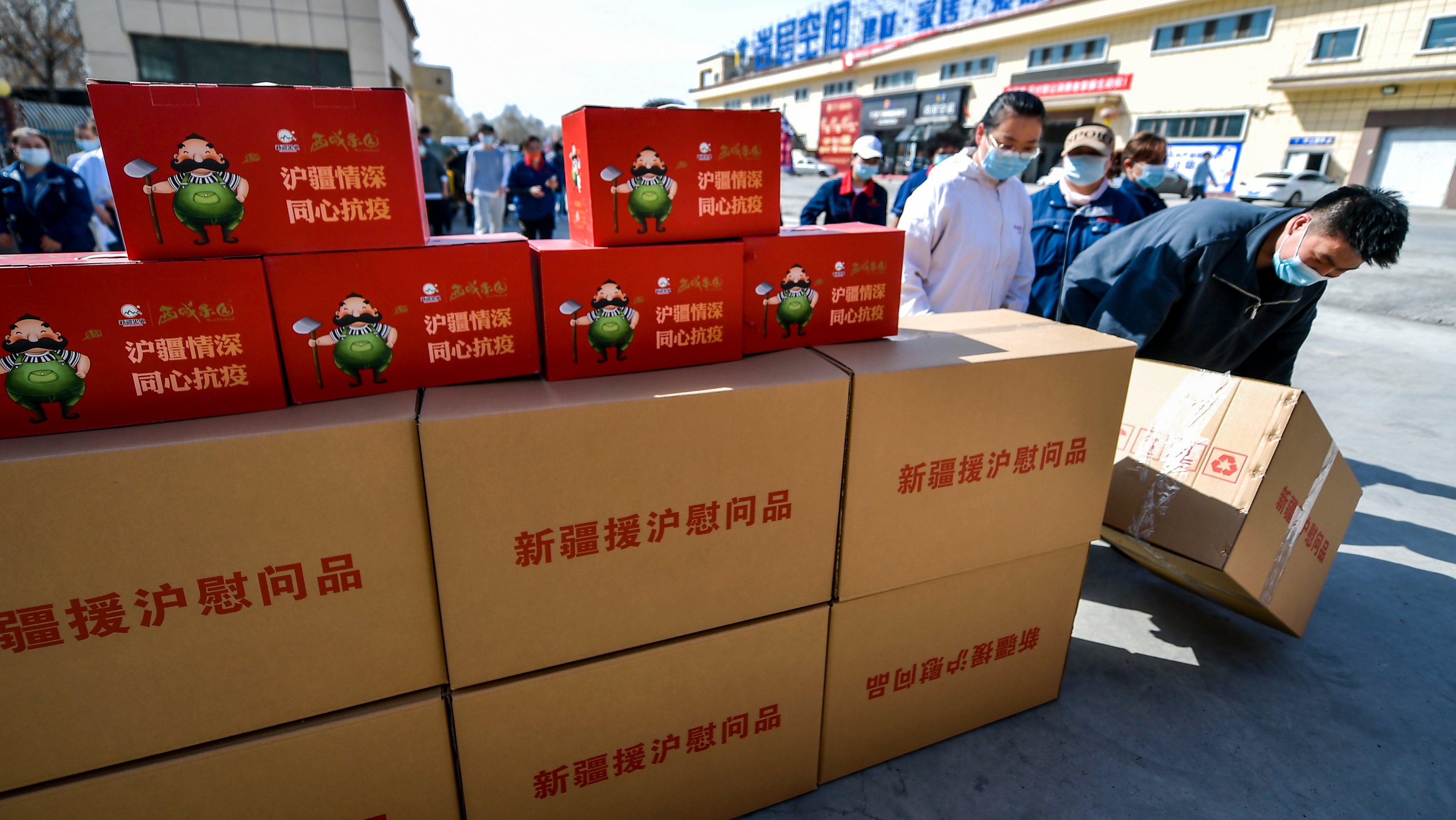Xinjiang, the Chinese region locked down since August due to the emergence of covid-19 cases, has been struggling with food and medicine shortages, as well as failures in health services. Faced with increased criticism, government officials were instructed to fill social networks with innocuous posts on the most diverse topics, in order to hide the appeals of the population.
According to a government directive, published by China Digital Times, matters can range from “home life, parenting, cooking, or personal matters”.
There are also instructions on the specific times when employees must post: between 8:00 p.m. and 10:00 p.m., with a maximum of two “posts” per day (they cannot, however, make two posts at the same time ).
The strategy has not convinced the 4.5 million inhabitants of Yili, who have denounced these publications. One of the five municipalities in Xinjiang province, Yili, was quarantined in August, without prior notice, after the emergence of Covid-19 cases, within the framework of the Chinese government’s zero tolerance policy in combating the pandemic.
Xinjiang has made itself known in recent years for another reason: it has been the target of a so-called campaign of ethnic cleansing of the Uyghur Muslim minority. It is estimated that around one million people are detained in re-education camps, in a violation of human rights that has been condemned by the international community.
US wants Beijing to be held accountable for ‘genocide’ in Xinjiang
There are several complaints, ranging from the lack of food and other essential goods, to failures in the health system, such as the fact that a pregnant woman was denied admission to hospitals, another was not allowed to return home after giving birth, and one case of an elderly person not admitted to the emergency room after arriving at the hospital vomiting blood.
“We are closed at home and basic necessities are missing, but tourist areas have been opened to the public”, a resident tells the What’s on Weibo website (a portal that monitors activity on the Weibo social network, one of the largest in China). Yili, which borders Kazakhstan, is one of the most attractive tourist spots in the country.
The authorities, who initially described as fake news the news of problems in the region, they have already admitted that they have been experiencing difficulties in the distribution of goods.
Chinese government health officials on Sunday reported 1,138 Covid-19 cases in the country, with around 200 of those cases in the Xinjiang region.
China says Covid-19 ‘zero cases’ strategy is economically more ‘rational’
China’s zero-tolerance policy has put pressure on government officials to contain and eradicate any new cases of the disease. Beijing has been defending the strategy, but the World Health Organization (WHO) said in May that it is “not sustainable”.
WHO considers China’s zero-tolerance strategy ‘unsustainable’
Source: Observadora
